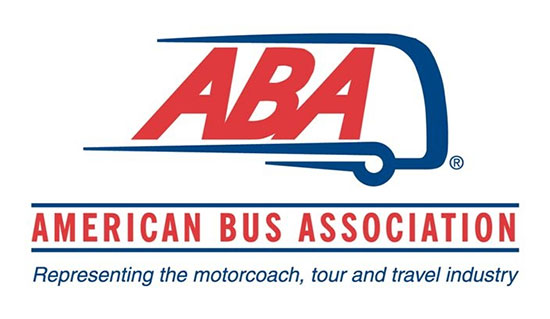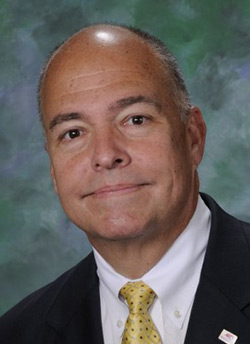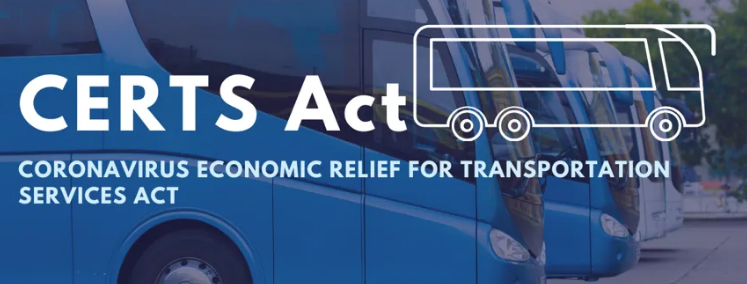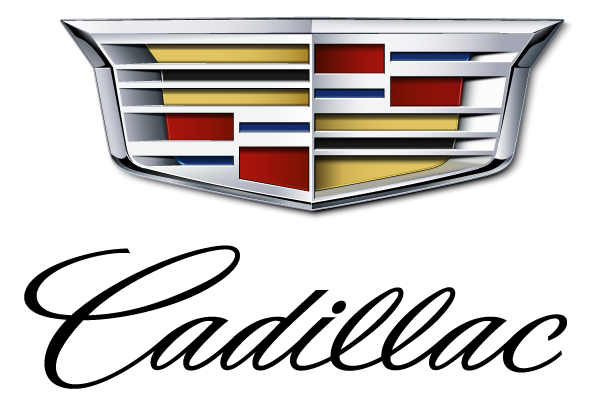- Details
- Category: Industry News
Deem, a mobile and cloud technology provider for the corporate travel industry announced it has won the Silver Stevie award in the 19th Annual American Business Awards for its Travel SafetyCheck feature in its new Etta business travel booking and management solution. SafetyCheck efficiently provides accurate health and safety information for each segment of their trip within the booking flow as travelers are booking trips, when they need it most, according to Deem.
 Deem President David Grace
Deem President David Grace
“We know that travel is better for business when it’s better for people,” said Deem President David Grace. “Empowering people with the right information at the right time helps them make the best choices for themselves and their companies. It allows them to focus on their jobs and helps them be more productive. This is why we’re so committed to being a traveler-centric software platform.”
As a business travel technology company, Deem is very sensitive to the impact of the pandemic on our industry and people, especially on those critical industries that need to continue traveling despite the risks. SafetyCheck was conceived, produced, and delivered to the Etta platform in just 90 days, in response to the immediacy of the pandemic and traveler needs.

“I was impressed how they turned their problem of wanting to offer a more actionable duty of care solution into a solution in 90 days,” said one of the judges about the SafetyCheck entry. “The analytics, clients, and reviews provided made their case more professional. The website and video were very well put together and is something I could see businesses and professionals using often. A great corporate response to the pandemic.”
The SafetyCheck feature is highlighted in each phase of booking—flights, hotel, and ground transportation—so travelers can easily find information such as cleaning protocols, regulations, safety scores for hotel neighborhoods based on nighttime safety, LGBTQ+ safety and other factors, maps of COVID historical and current caseloads, and more. Using icons, maps, and pop-up boxes for additional vendor information, the details are presented in a clear and organized way, creating a seamless booking process for the traveler.
The American Business Awards is a premier business awards program. Nicknamed the Stevies for the Greek word meaning “crowned,” the awards will be virtually presented to winners during a live event on Wednesday, June 30.
Visit deem.com for more information.
[05.21.21]
- Details
- Category: Industry News

On Wednesday, May 19, the American Bus Association (ABA) held a webinar for their membership to provide an overview of the Coronavirus Economic Relief for Transportation Services (CERTS) Grant Program. Hosted by ABA President & CEO Peter Pantuso, ABA Sr. VP, Government Affairs & Policy Suzanne Rohde, and lobbyist Angela Styles of Akin Gump, the session served as a primer of what operators can expect when the program goes into effect in the coming weeks.
 ABA President & CEO Peter Pantuso
ABA President & CEO Peter Pantuso
Signed into law a staggering five months ago, the CERTS application portal is expected to open by the end of May.
“It’s taken way too long from our perspective,” said Pantuso, but he expressed optimism that the grant’s $2 billion will soon find its way into the bank accounts of motorcoach operators.
 ABA Sr. VP, Government Affairs & Policy Suzanne Rohde
ABA Sr. VP, Government Affairs & Policy Suzanne Rohde
Following Pantuso’s opening remarks, Rohde then outlined the program, whose guidelines were made available earlier this month, as well as the application process.
First and foremost, Rohde said, CERTS is a grant program, as opposed to the other relief loans (i.e., PPP and EIDL) that were made available since the pandemic hit. The Treasury is making the funds available to motorcoach operators who showed a loss of 25 percent or more due to COVID.

The application portal is scheduled to open by the close of May, and will be open for 30 days. Somewhat unusually, the funding formula used by the Treasury to determine the distribution of moneys will be decided AFTER the window closes. The government will analyze the allocation—for instance, whether it will go to motorcoach companies, school bus operators, or other providers—and then set the award amounts. Rohde pointed out that AT BEST, operators can anticipate their loss of revenue for 2019-2020, but the dollar amount will likely be lower. However, the Treasury is being especially sensitive to small businesses, which is beneficial for motorcoach operators in the luxury ground transportation space.
In order to apply for the funds, Rohde encouraged operators to have the following key documentation ready:
- TIN/EIN
- Financial records for 2019-2020, including taxes and any debt
- Payroll records for all employees
- The number of vehicles and type (note: to receive CERTS operators must be using buses commonly defined as “elevated deck, over the road” vehicles
- Records of other relief funds received
- Also, Rohde advised participants to register online with id.me in advance to access the portal
The ABA representatives advised all members to apply for the grant as the association is actively seeking more relief money for the industry.
A free recording of the webinar is available here.
Visit buses.org for more information.
[05.20.21]
- Details
- Category: Industry News
Powered by General Motors’ Ultium Platform, the recently unveiled Cadillac LYRIQ not only signals the dawn of a new electric vehicle era for the brand—it represents a fundamental transformation of GM’s global product development process, according to a press release about the launch. The official unveiling in early May of Cadillac’s first all-electric SUV was nine months ahead of schedule, a timeline accelerated by a process of virtual testing and validation.

Boasting a combination of the latest automotive technology, premium craftsmanship and a meticulous level of intricacy throughout its design, the LYRIQ sets a new standard for the luxury EV landscape and plays a pivotal role in GM’s vision of zero crashes, zero emissions and zero congestion.
Its accelerated path was the result of an ongoing commitment to evolve GM’s global product development processes through the innovative use of cutting-edge virtual engineering tools.
As demonstrated by LYRIQ, the process of virtual design, development and validation has a profound impact on the overall efficiency of GM vehicle programs. Implementing the tools early in the development process allows teams to optimize a vehicle’s design, quality and performance within the confines of a digital environment, enabling GM to rapidly accelerate product development cycles while reducing engineering costs by $1.5 billion per year.
 Concept Cadillac LYRIQ hidden by camouflage
Concept Cadillac LYRIQ hidden by camouflage
The results are augmented when the VDDV process is paired with the powerful Ultium Platform, the heart of GM’s EV strategy. The modular nature of Ultium allows it to be easily adapted from one vehicle model to another, meaning the learnings from one program can accelerate the development of others in the EV portfolio.
Several elements of the LYRIQ program were enhanced as a direct result of extensive virtual development and validation, including:
- Cabin comfort for all passengers in cold and hot environments
- Advanced aerodynamics to help maximize range and on-road performance
- Aeroacoustics and active road noise cancellation for a more enjoyable ride
- Driver assistance and active safety features for peace of mind
- Protection of the Ultium battery in a wide variety of collision scenarios
“While GM has been developing great products for more than 100 years, virtual engineering has allowed us to visualize aspects of our designs that have not been previously observable with conventional vehicle testing. This is one of many inherent strengths of virtual engineering that we’ve capitalized on to completely reimagine how we create and develop future mobility products like the Cadillac LYRIQ,” explained Mike Anderson, GM executive director of Virtual Design, Development and Validation. “This new approach certainly achieved our initial goal of drastically reducing our engineering spend on expensive prototypes, but, more importantly, has enabled us to run faster than ever before, and deliver better quality on our first production vehicle builds.”
Variation in manufacturing, customer usage, physics, and even the design process itself is a longstanding challenge when innovating and developing complex machines like those of future mobility. Through virtual development, the team was able to test thousands of designs through multiple scenarios to address the many forms of variation, allowing the first drivable LYRIQ prototypes to be produced with a single optimized design.
“Now that we’ve moved to the next phase of development, the initial quality of our pre-production test vehicles is some of the best that I’ve ever seen,” said Jamie Brewer, LYRIQ chief engineer. “During early test drives, I’ve been impressed with the ride, handling and overall performance of the vehicle at this stage of development.”
With the accelerated timeline, LYRIQ is expected to go into production in the first quarter of 2022.
Reservations for LYRIQ will be available beginning September 2021 with initial availability starting the first half of 2022.
Visit cadillac.com for more information.
[05.21.21]

